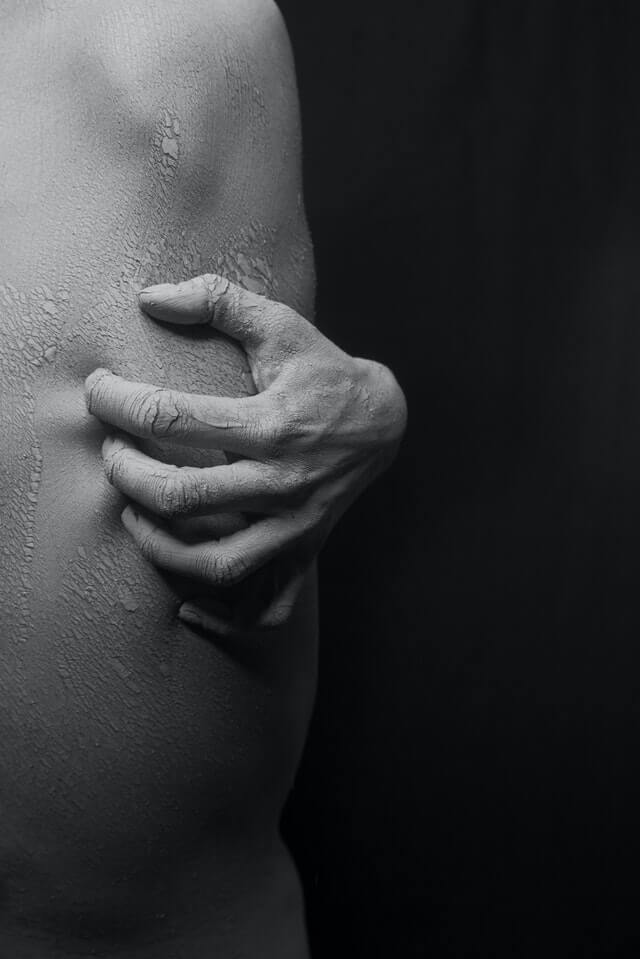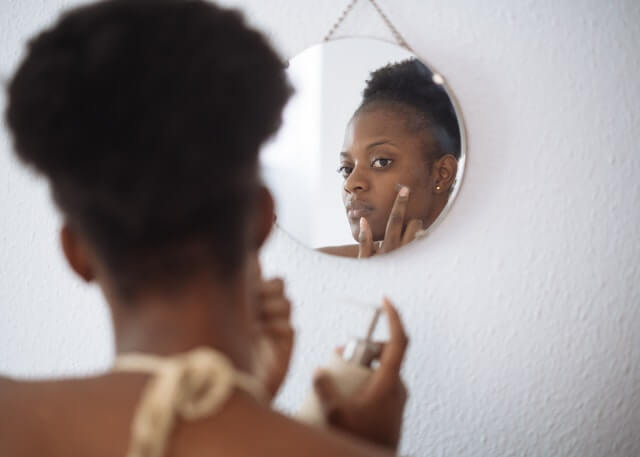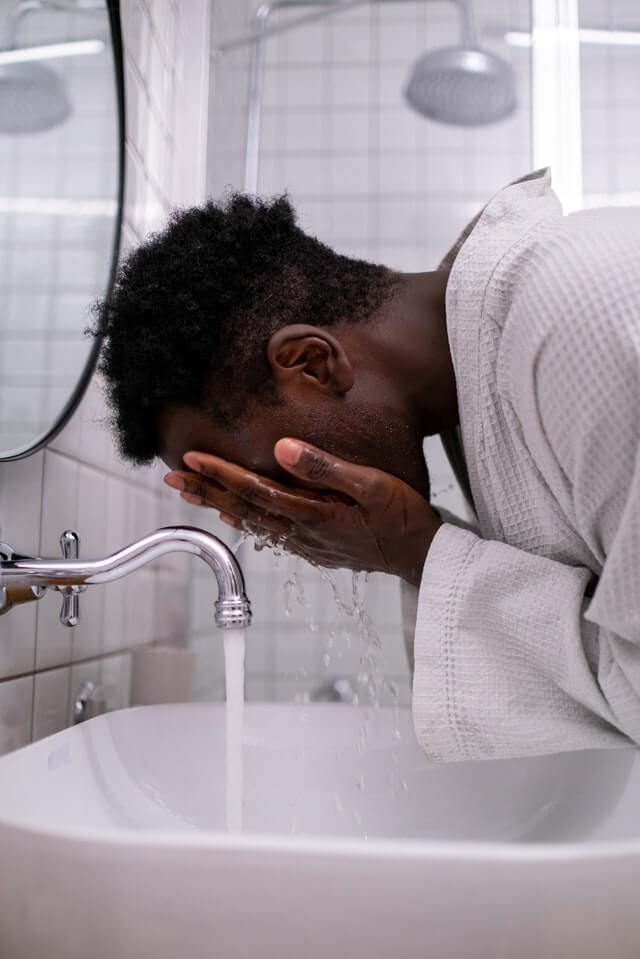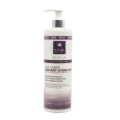
Author: Dr. Marie Appay, pharmacist
Eczema is a very common skin disease resulting in the appearance of patches of inflammation on the skin accompanied by small pimples, called vesicles .
In reality, there is not just one type of eczema. The best known is atopic eczema, which is also called atopic dermatitis. Allergic contact eczema is also very common. Other types are rarer, we can mention dyshidrosis, nummular eczema or stasis eczema.
This set of pathologies represents 10 to 33% of the reasons for consultation of patients with black skin, this same rate is found for white skin. Also, regardless of their skin color, atopic dermatitis is the first cause of consultation of children in dermatology.
This article will allow you to understand atopic eczema more precisely. What are its causes of appearance? What is his medical treatment and above all, what are the right actions to adopt when you are affected by this dermatosis?
Black , matte and mixed skins have particular specificities, which must obviously be taken into account to effectively fight against the appearance of new plaques.
What is atopy?
Atopy is a term used to mean a genetic predisposition to allergies.
It is therefore our parents, or grandparents, who gave us the genes, in other words the " ingredients ", that make us more vulnerable to allergic phenomena. It is therefore a manufacturing anomaly from birth. These genetic abnormalities result in deficient defense barriers against allergic substances. For eczema, it is the alteration of the skin barrier that is involved.
Physiologically, the skin is a solid and almost impermeable rampart that prevents body water from leaving and external elements from entering. However, atopic skin could be compared to a strainer. The loss of intercellular cohesion leads to:
- water loss, i.e. skin dehydration;
- increased penetration of small elements present in our environment (dust, mites, pollens, etc.).
These external agents are recognized as dangerous by the atopic organism. To defend itself, the body triggers an inflammatory reaction: the skin becomes red and severe itching is associated. Scratching leads to further erosion of the skin, which becomes even more porous: a vicious circle is on the way.
It should also be remembered that dark skin is physiologically drier and more sensitive than Caucasian skin. This results from the fact that they do not contain enough skin lipids, called ceramides, which have the role of making the skin watertight.
To simplify, it is customary to compare the skin to a brick wall: the bricks being the skin cells and the ceramides, the cement. If there is not enough cement, the wall becomes porous: external agents can penetrate and skin hydration evaporates. The article " skin dryness and hydration " is useful to understand this particularity.
In black skin, eczema flare-ups take the form of hyperpigmented patches that often progress to discoloration, especially in the folds.
How to act to stop the vicious circle?
For effective treatment, it is necessary to operate at two levels:
- Stop skin inflammation
- Restore the skin barrier
In order to combat inflammation, specific creams are prescribed on prescription. These cortisone-based creams are to be applied to the affected areas. Their role is to reduce the defensive reactions of our body when it is in contact with the small external agents that penetrate the skin. They deliver a stop message to our body's defense cells.
creams are to be applied to the affected areas. Their role is to reduce the defensive reactions of our body when it is in contact with the small external agents that penetrate the skin. They deliver a stop message to our body's defense cells.
Some people with eczema have been able to find that the sun has a beneficial effect on their plaques. This phenomenon is due to the fact that the mechanism of action of UV rays can be similar to that of cortisone-based creams: it decreases immunity and prevents the body from over-reacting. Moreover, some treatments for atopic dermatitis are the result of this finding since they use UV rays to treat severe forms of eczema.
In order to restore the skin barrier, good gestures are to be applied daily.
First of all, it is important to eliminate as much as possible the allergenic substances that can penetrate the skin. Dust mites, pollen and mold will be avoided by simple gestures
- Ventilate the house daily
- Clean bedding once a week
- Wear sunglasses
- Brush your hair before bed
- Vacuum frequently
- Use an acaricide three times a year
It is also necessary to pay special attention to the chosen textiles. It is advisable to give preference to cotton over synthetic materials and wool, cut labels and use hypoallergenic detergents.
Finally, using suitable products is essential to take care of your skin and allow it to restore its role as a barrier.
 The black atopic skin care routine
The black atopic skin care routine
Cleaning should be gentle. To avoid excessive dehydration, showers should be preferred to baths with warm water, around 34 ° C.
For soaps, care should be taken to use non-aggressive agents : syndets, lotions or shower oils are a good choice. Finally, to rub, the hand will be softer than a glove. For children, it is recommended to give a shower only every other day, with the exception of the face and private parts that will be cleaned daily.
The essential step is the application of a moisturizer at each shower exit. It will provide the skin with the agents necessary for its impermeability. Milks for the body must have a specific hypo-allergenic composition and enriched with moisturizing and nourishing agents. The fashion of 100% natural is also to be avoided in atopic patients. Indeed, the use of a single vegetable oil as a moisturizing oil is not enough because its composition does not provide the necessary elements for the specific needs of these skins. In addition, some natural cosmetics or the use of natural ingredients in DIY (Do It Yourself) can be very allergenic and cause a flare-up of eczema.
Atopic dermatitis is certainly an incurable pathology, but should not be considered a fatality.
Black skin is skin more prone to dehydration, it is all the more important to pamper it using appropriate care. The adoption of these good gestures will reduce the appearance of eczema patches and live serenely with its atopy. Do not hesitate to ask your dermatologist or pharmacist for advice on personalized answers to your skin type.



